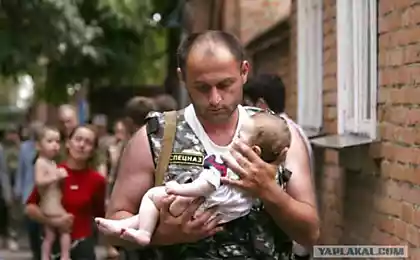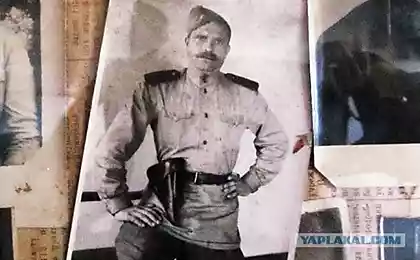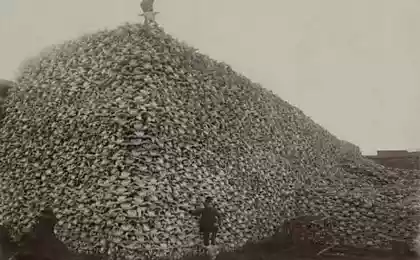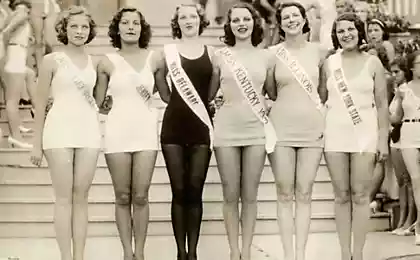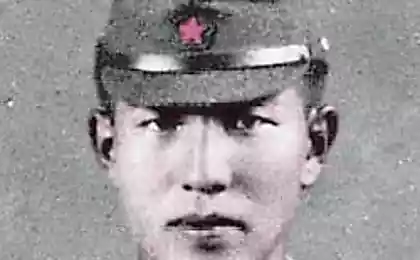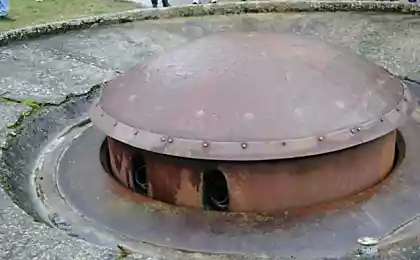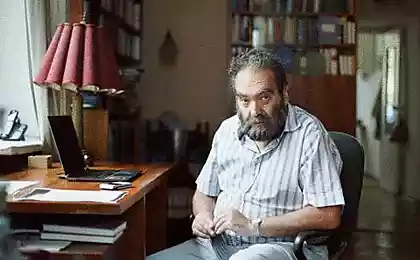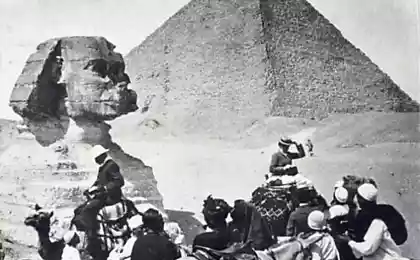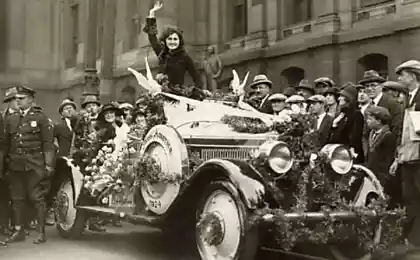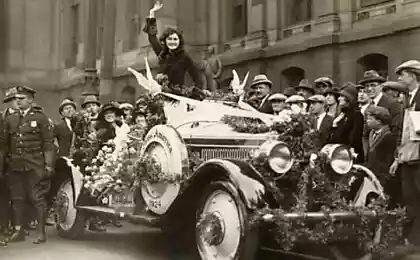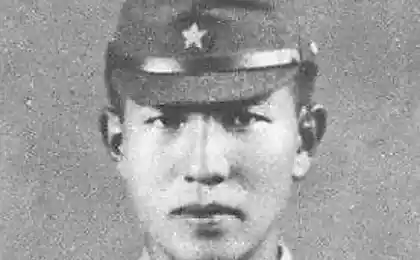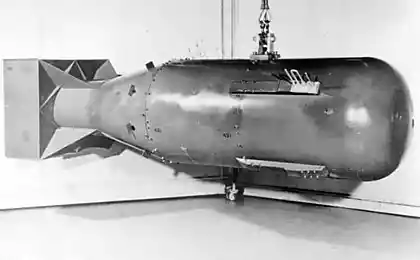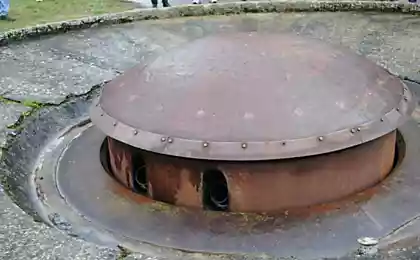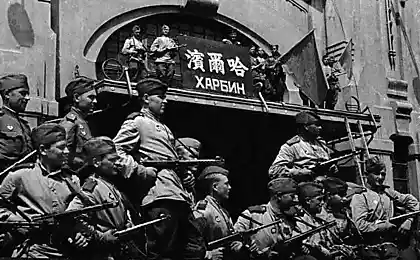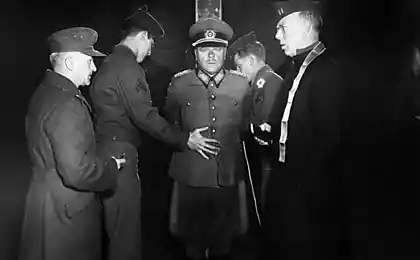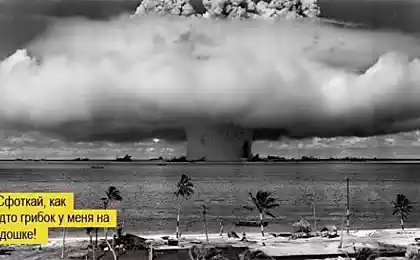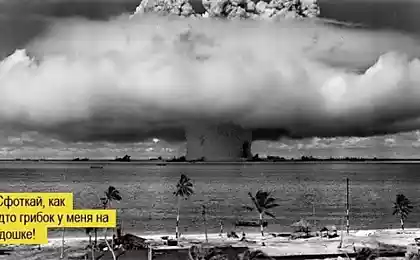1155
Died veteran
In Japan, at the age of '91 Hiroo Onoda he died - Former Lieutenant of the Imperial Japanese Army. Onoda was known that after the surrender of Tokyo in 1945, he was nearly 30 years continued subversive activities in the jungles of the Philippines.
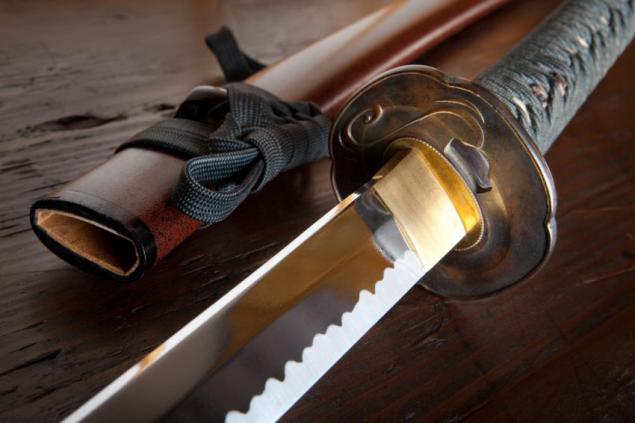
Lieutenant Hiroo Onoda youngest unlucky. On the tiny island of Lubanga was sent to lead the guerrilla group at the very end of the Second World. The Philippines was already landed allies, and seeing that morale can be broken, the commander gave him such an order: "We are retreating, but this is temporary. You will go into the mountains, and will make forays, laying mines, blowing up stores. I forbid you to commit suicide or surrender. It may take 3, 4 or 45 years, but I'll come back for you. This is an order and cancel it when I can. "
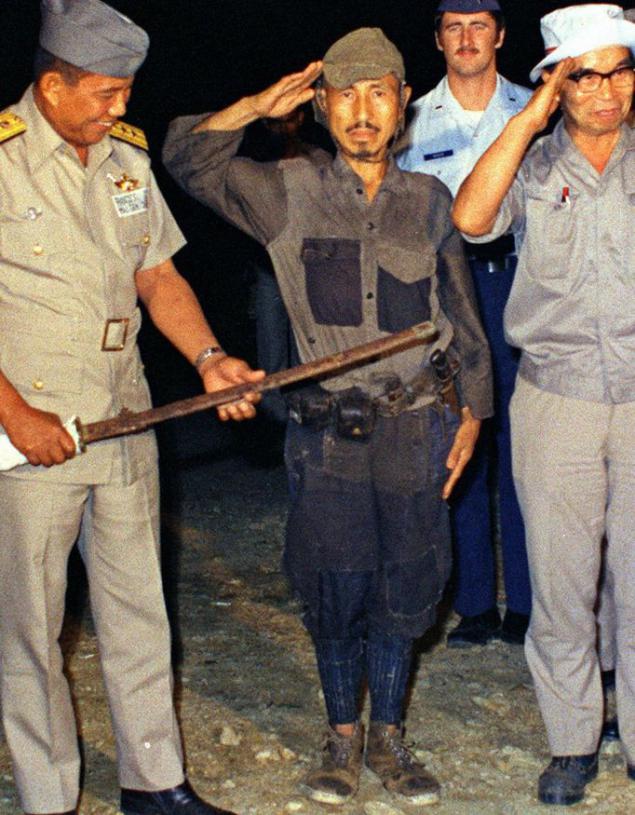
Behind him came back after 29 years. When he set foot on the island, he was 23 when he left - 52 partisan detachments quickly collapsed, someone killed someone defected. Onoda was in the jungle with two wards, but they soon died. He lived in a mud hut, eating nuts, stealing cattle from local residents, the meat ration vyalil and stretched on for months, arguing that 29 years in isolation - it is not scary.
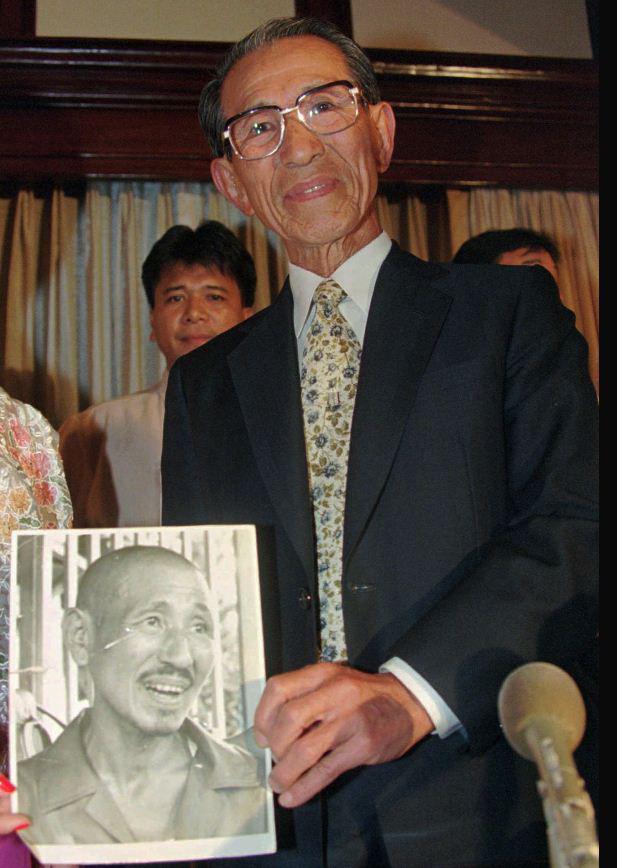
All the time it was committed dozens of attacks against Filipino and American military bases, police stations. The most interesting thing at home knew about the fight Onoda, the island more than once threw off leaflets calling for surrender, however, regarded them as a provocation Onoda Americans.
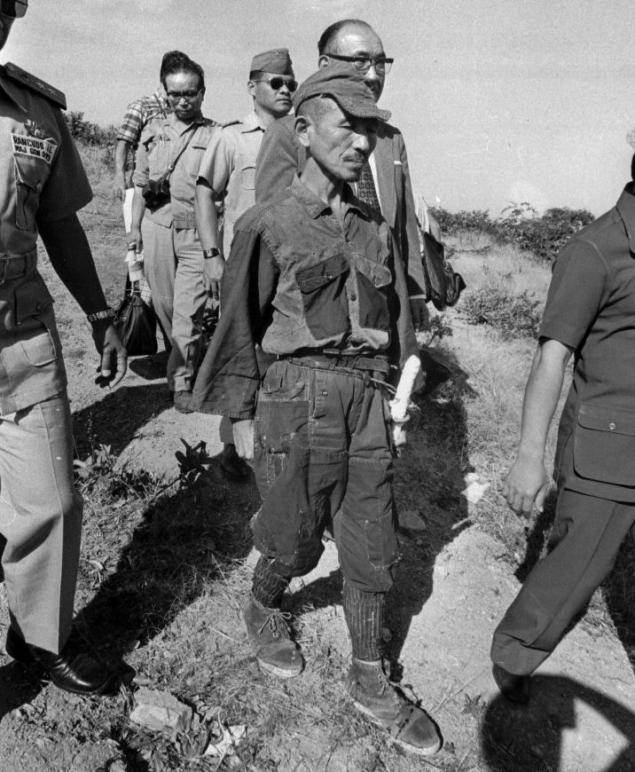
In the jungle he found Onoda Japanese naturalist with a group, however, Lieutenant did not believe the story and refused to surrender.
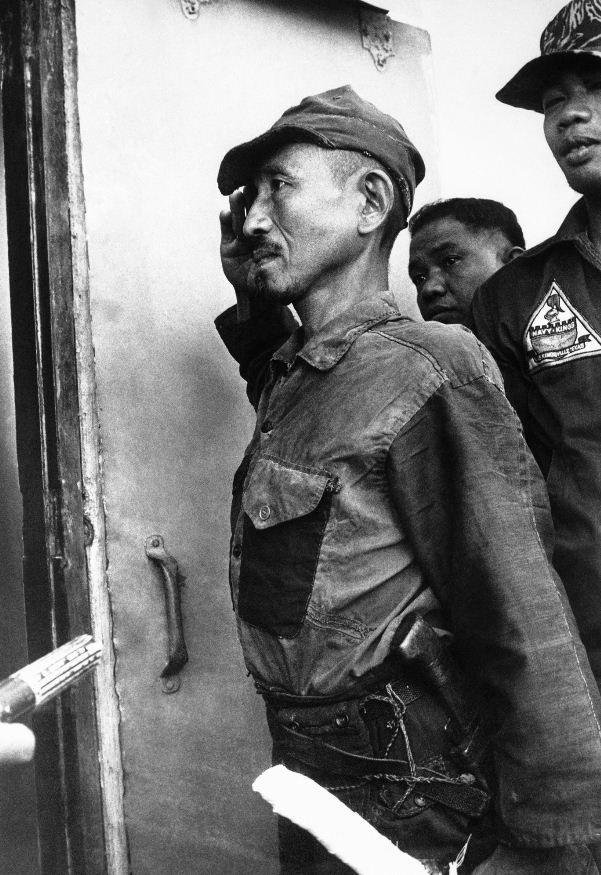
Then in Tokyo, it was found the same commander who gave the order to stay. He wore the uniform defunct army, arrived at Lubango in 1974 and ordered to surrender Onoda. Junior lieutenant carried out the order and waited for the death penalty, however, the authorities of the Philippines pardoned Onoda after repeated requests from the official Tokyo
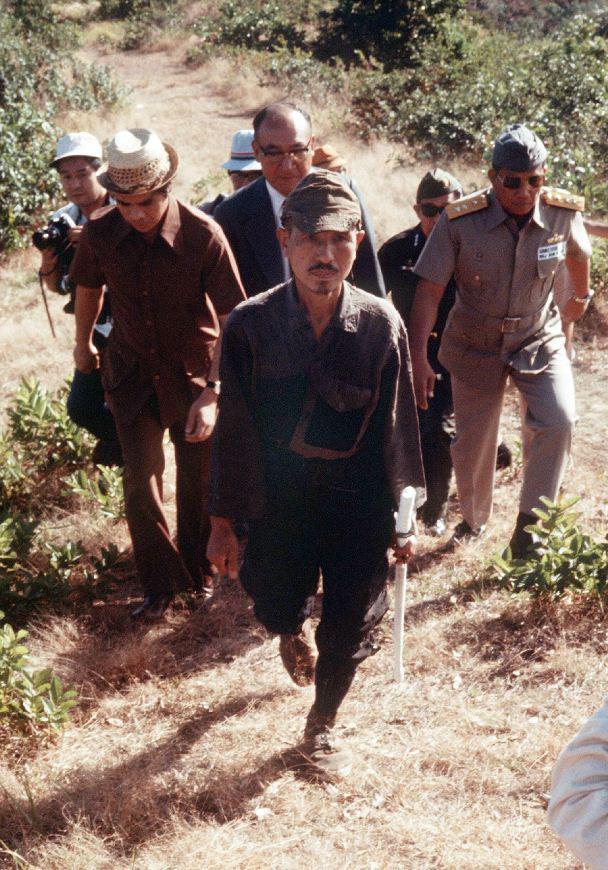
Long accustomed in Tokyo he could not, because of the psychological pressure, and lifestyle changes, some time later emigrated to Brazil, where he breeds horses and wrote the book.
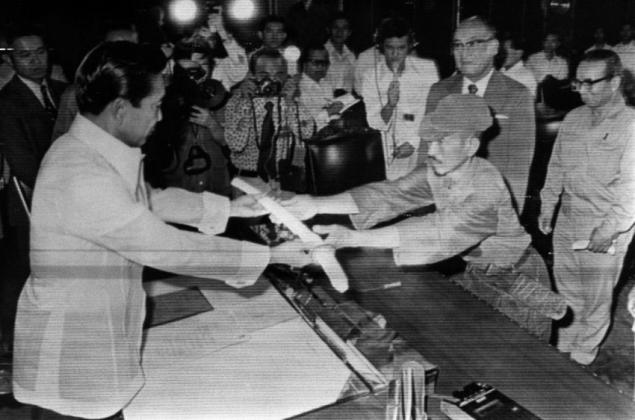
Still Onoda returned to his homeland, where he founded a quite successful survival school, where he taught the children acquired skills over the years.
Onoda - not only soldiers who fought alone after the war, but he only lasted as long.
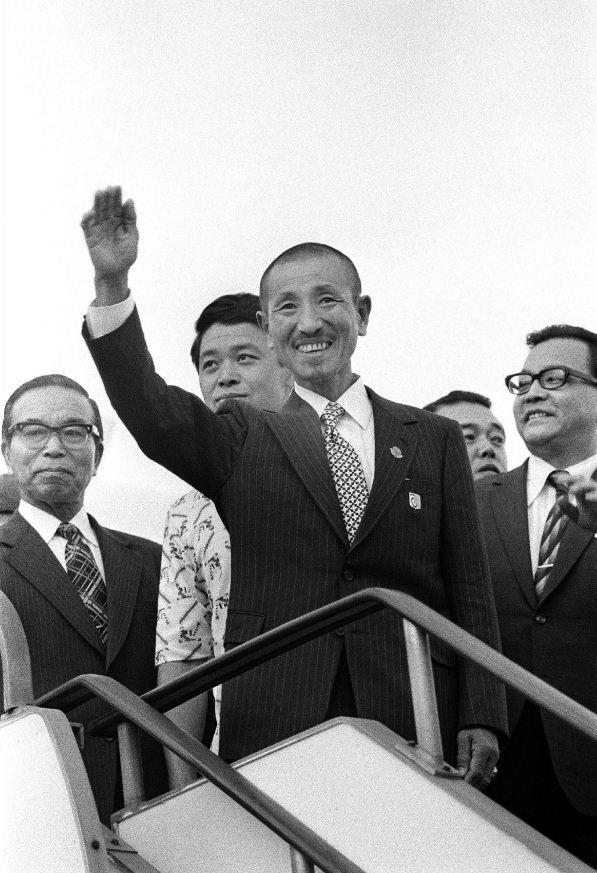
Source:

Lieutenant Hiroo Onoda youngest unlucky. On the tiny island of Lubanga was sent to lead the guerrilla group at the very end of the Second World. The Philippines was already landed allies, and seeing that morale can be broken, the commander gave him such an order: "We are retreating, but this is temporary. You will go into the mountains, and will make forays, laying mines, blowing up stores. I forbid you to commit suicide or surrender. It may take 3, 4 or 45 years, but I'll come back for you. This is an order and cancel it when I can. "

Behind him came back after 29 years. When he set foot on the island, he was 23 when he left - 52 partisan detachments quickly collapsed, someone killed someone defected. Onoda was in the jungle with two wards, but they soon died. He lived in a mud hut, eating nuts, stealing cattle from local residents, the meat ration vyalil and stretched on for months, arguing that 29 years in isolation - it is not scary.

All the time it was committed dozens of attacks against Filipino and American military bases, police stations. The most interesting thing at home knew about the fight Onoda, the island more than once threw off leaflets calling for surrender, however, regarded them as a provocation Onoda Americans.

In the jungle he found Onoda Japanese naturalist with a group, however, Lieutenant did not believe the story and refused to surrender.

Then in Tokyo, it was found the same commander who gave the order to stay. He wore the uniform defunct army, arrived at Lubango in 1974 and ordered to surrender Onoda. Junior lieutenant carried out the order and waited for the death penalty, however, the authorities of the Philippines pardoned Onoda after repeated requests from the official Tokyo

Long accustomed in Tokyo he could not, because of the psychological pressure, and lifestyle changes, some time later emigrated to Brazil, where he breeds horses and wrote the book.

Still Onoda returned to his homeland, where he founded a quite successful survival school, where he taught the children acquired skills over the years.
Onoda - not only soldiers who fought alone after the war, but he only lasted as long.

Source:
